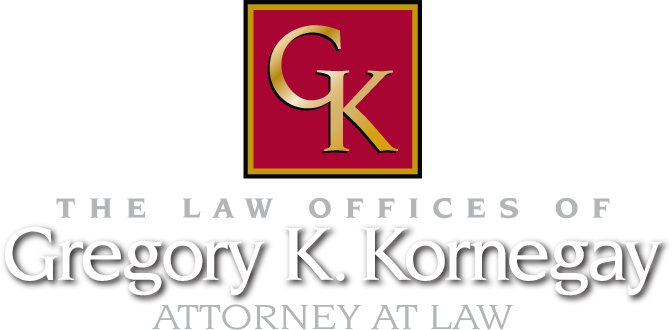Required Notices to Consumer Debtors:
1.We Are A Debt Relief Agency
WE ARE A DEBT RELIEF AGENCY. WE HELP PEOPLE FILE FOR RELIEF UNDER THE BANKRUPTCY CODE.
2. You Must Complete a Credit Counseling Session and a Financial Management Session
FORM 201A: NOTICE TO CONSUMER DEBTORS UNDER SECTION 342(b) OF THE BANKRUPTCY CODE
Services Available from Credit Counseling Agencies: Before you can file your bankruptcy papers, you must have completed a credit counseling session within 180 days before the bankruptcy filing. The credit counseling agency must be approved by the bankruptcy administrator. In addition, after filing your bankruptcy case, you must complete a financial management session before you can receive a discharge.
3. There are Four Chapters of the Bankruptcy Code Available to Individual Consumer Debtors:
FORM 201A: NOTICE TO CONSUMER DEBTORS UNDER SECTION 342(b) OF THE BANKRUPTCY CODE
- Chapter 7, also known as liquidation, is for debtors whose debts are primarily consumer debts and do not have the ability to pay these debts back. Normally a Chapter 7 debtor will have to take the means test to determine whether or not the case can proceed forward under Chapter 7. Most of the time you are allowed to keep all of your property if your property falls within allowable exemptions. The purpose of a chapter 7 is to obtain a discharge of your existing debts. Some debts may not be dischargeable.
- Chapter 13 is a repayment of all or part of your debts and is designed for people with regular income who would like to pay all or part of their debts in installments. You must file a plan to repay your creditors all or part of the money that you know the using your future earnings. You will be allowed to repay your debts over a period of three or five years depending upon your income and other factors. After completing your plan, your debts are generally discharge except for child support obligations, most student loans, certain taxes and other nondischargeable debts.
- Chapter 11 is for the reorganization of a business.
- Chapter 12 is for family farmers and fishermen.
4. Bankruptcy Crimes and Availability of Bankruptcy Papers to Law Enforcement Officials
If you knowingly and fraudulently conceal assets or make a false oath or statement under penalty of perjury, either orally or in writing, in connection with a bankruptcy case you may be subject to a fine, imprisonment, or both. All the information that you supply in connection with a bankruptcy case is subject to being examined by the Department of Justice.
FORM 201A: NOTICE TO CONSUMER DEBTORS UNDER SECTION 342(b) OF THE BANKRUPTCY CODE
5. The Information You Provide
- 11 U.S.C. SECTION 527 DISCLOSURES
- All information you are required to provide in your bankruptcy papers (your petition) must be complete, accurate, and truthful.
- You must completely and accurately disclose your assets and liabilities in the documents you file to begin your case (your petition).
- You must make a reasonable inquiry to establish the replacement value of any item you plan to keep, before you provide that value on your forms pursuant to the Bankruptcy Code Section 506.
- Your current monthly income, the amounts you provide in the means test, and your computation of projected disposable income (in a Chapter 13 case) as stated in your bankruptcy papers, are required to be stated after reasonable inquiry.
- Information that you provide during the case may be audited as provided for by the Bankruptcy Code and that failure to provide such information may result in dismissal of the case or other sanction, including a criminal sanction.
What Our Clients Say:
Member:

Attorney Gregory Kornegay
Greg is a trial attorney in Wilmington with over 30 years of experience. Greg was born and raised in southeastern North Carolina. Before law school he managed a store with employees making a payroll every week. His first job out of law school was as an Assistant District Attorney investigating and trying cases for the State of North Carolina. Through the years he has handled many different types of cases – including death penalty cases.
Being married with children has been a blessing and a challenge, but has served him well in understanding the problems individuals and families face as they live out their lives. Greg believes that each case is different and the needs of each client are unique, but there are certain themes of life that we all share.


